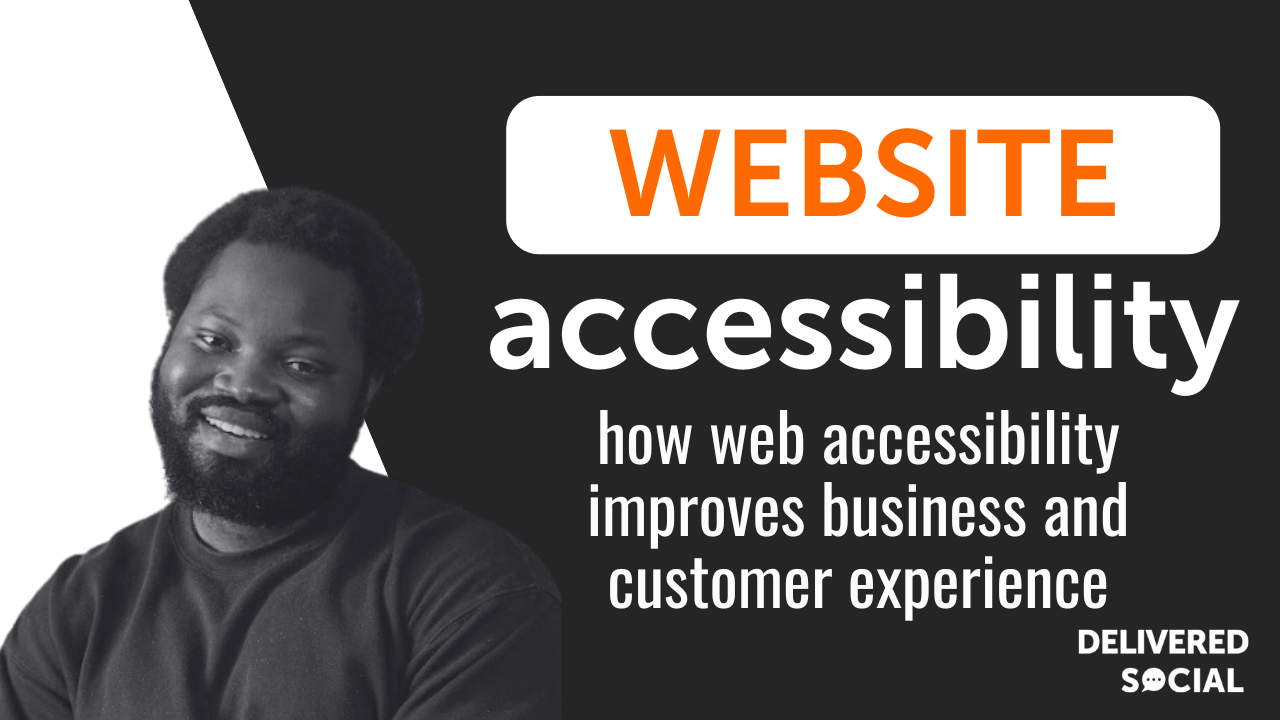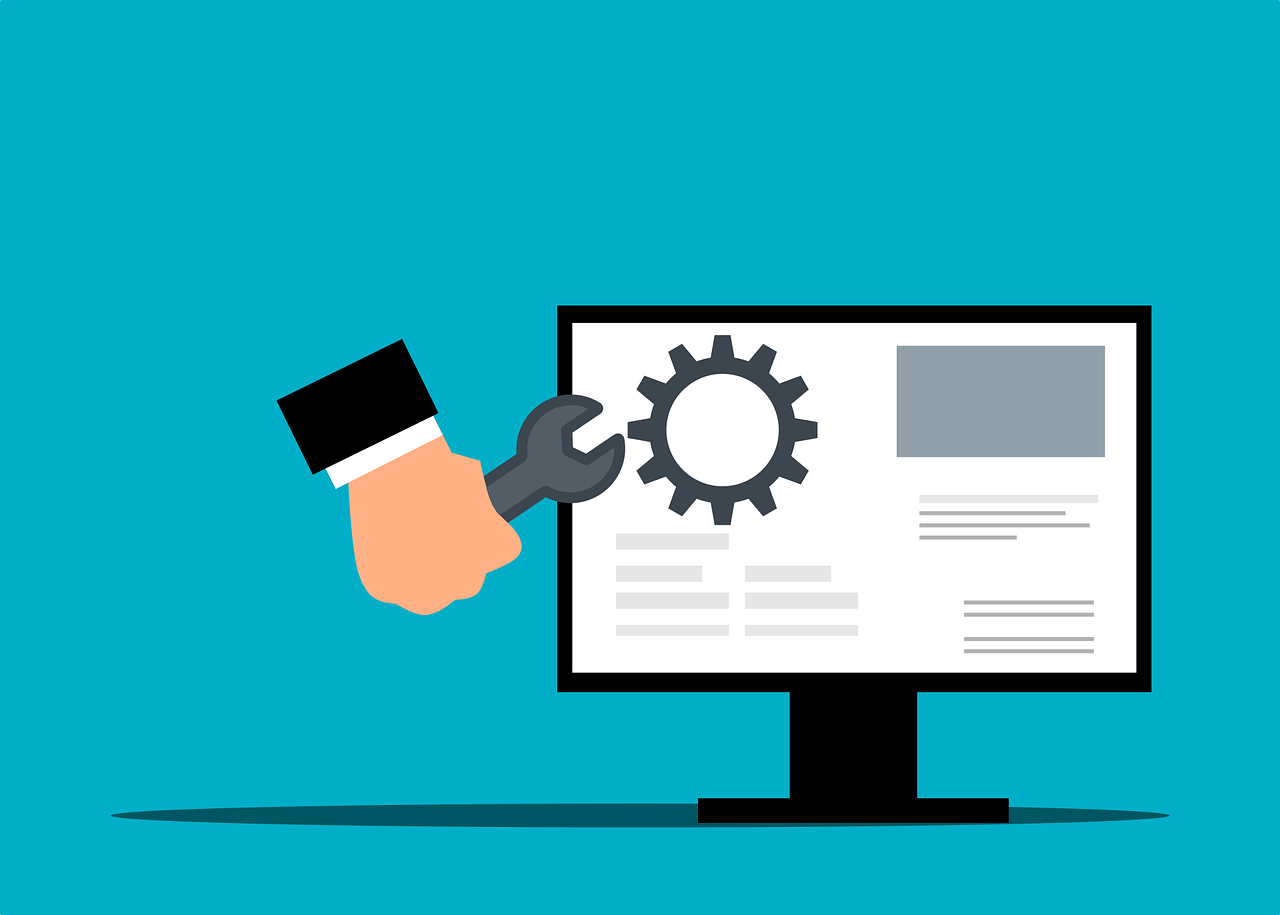
In today’s online world, the importance of web accessibility cannot be overstated. The efforts into access for your business website should be maximised. This concept refers to the inclusive practice of removing barriers that prevent interaction with, or access to websites, by people with disabilities. When sites are correctly designed, developed, and edited, all users have equal access to information and functionality.
Web accessibility matters and is not just a matter of legal compliance or ethical duty; it also significantly enhances customer experience, opening up websites to a broader audience that includes the elderly, those with disabilities, and others who might benefit from more accessible web design. As the internet becomes increasingly central to everyday life, ensuring that everyone can participate without hindrance is not only beneficial but essential. Whether your website is an animated website design or any other form of design, it should be accessible.
Moreover, businesses are beginning to realise the substantial benefits of embracing web accessibility. It is not only about avoiding legal pitfalls but also about enhancing brand reputation, reaching a wider market, and improving overall customer satisfaction. This article will explore how improving web accessibility can positively impact customer experience, why it is crucial for business success, and how businesses can implement effective accessibility practices to benefit all users.
The Fundamentals of Web Accessibility
Understanding the fundamentals of this concept is important for any business aiming to provide an inclusive digital environment. The concept is rooted in the idea that everyone, regardless of disability, should have the ability to access and effectively use websites. This notion is guided by the Web Content Accessibility Guidelines (WCAG), which outline how to make web content more accessible to people with disabilities.
The WCAG principles are structured around four key concepts:
- Perceivable: Information and user interface components must be presentable to users in ways they can perceive. This means that users must be able to recognise and use the information, whether it comes through sight, hearing, or touch. For example, providing text alternatives for non-text content or making it easier for users to see and hear content.
- Operable: User interface components and navigation must be operable. This involves making sure that all users can interact with all controls and interactive elements using various input methods beyond the traditional keyboard, such as voice commands, screen readers, or specialised hardware.
- Understandable: Information and the operation of the user interface must be understandable. This means that users must be able to comprehend the information as well as the operation of the user interface. Websites should operate in predictable ways, and should provide assistance to help users avoid and correct mistakes.
- Robust: Content must be robust enough to be reliably interpreted by a wide variety of user agents, including assistive technologies. As technologies and user preferences evolve, the content should remain accessible.
By integrating these principles into their web design, businesses can ensure that their websites provide a barrier-free environment. Doing so not only adheres to ethical standards and legal requirements but also reaches a broader audience, enhancing the overall user experience. Implementing these accessibility principles is a forward-thinking approach that positions businesses as leaders in inclusivity, improving customer satisfaction and loyalty.

Interested In Working Together?
Introducing Delivered Social. We’re The Most-Rated Digital Agency In Surrey & Hampshire – We’ve Got To Be Doing Something Right.
Delivered Social is a digital marketing agency with one mission—to help businesses grow. We’re famous in Guildford and Portsmouth for our social clinics. We believe in free advice. We build lasting relationships because our team prides itself on being helpful, which our clients appreciate.
If you are looking for a new website or an agency to manage your social media presence, we can help.
If you need something slightly different, here's a super handy list of all our services, or you can always email us.

























